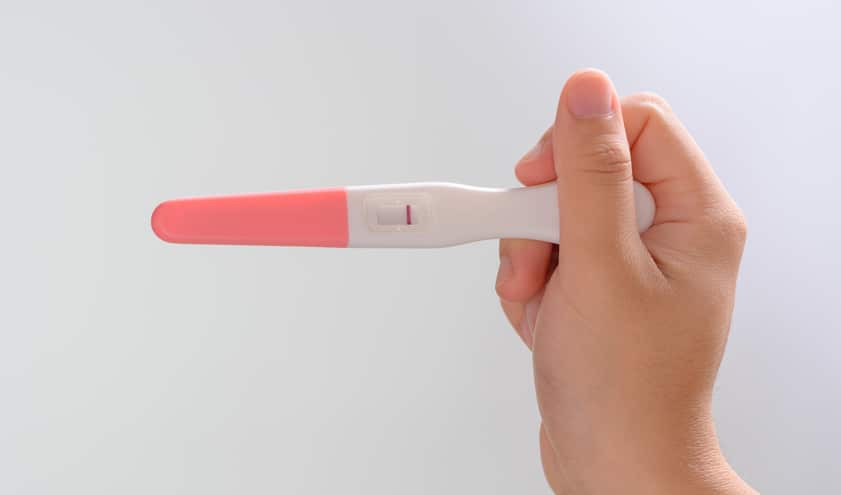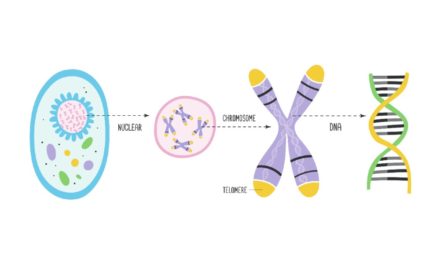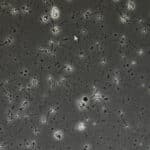Nowadays, most fertility problems are due to the late age at which women decide to have children. However, the problem can be due to a number of factors that are little-known or can go unnoticed. In this post, we explain the most common causes of female infertility and the treatment available in each case.
- Poor egg quality or low egg count: the quality and quantity of our eggs gradually declines after the age of 35, as do our chances of falling pregnant. In fact, the chance of natural conception between the age of 40 and 45 is just 5%.
What solutions are available? If the egg count is too low, the patient can undergo several ovarian stimulation cycles to produce several eggs, thus increasing the chances of getting pregnant. However, if the problem is due to the quality of the eggs, it may be necessary to use a donor. - Ovulation problems: this may be due to hormone imbalances such as polycystic ovary syndrome, hypothalamic-pituitary axis dysfunction or thyroid diseases. Other possible causes may be a decline in ovarian reserve or an early menopause.
What solutions are available? Many endocrine disorders can be controlled with hormone therapy, but it is important to be diagnosed early and not delay motherhood. - Implantation failure: the risk of miscarriage and chromosomal abnormalities increases with age (although, young women can also suffer miscarriages). It has to be determined whether this is caused by chromosomal abnormalities in one (or both) of the partners or immune system disorders.
What solutions are available? The best option is to undergo a series of tests to help determine the cause before deciding on an appropriate treatment. - Problems with the structure of the reproductive organs: fibroma, fibroids, polyps, uterine malformations, blockage in the fallopian tubes or conditions such as endometriosis.
What solutions are available? The problems can be detected by specialists and a gynaecological ultrasound or a fertility study. Surgery may be recommended. - Infections: many sexually transmitted diseases (STDs), such as chlamydia, can compromise fertility.
What solutions are available? Most STDs can be treated with antibiotics, but it is important that they are completely cured to prevent them from reoccurring or causing other problems. - Chronic diseases and some treatments: diabetes, hypothyroidism, obesity, depression and treatments such as chemotherapy can lead to fertility problems.
What solutions are available? In general, provided the condition is being treated by a doctor, it is not impossible to become pregnant. However, in the case of cancer treatments, it is recommended that patients cryopreserve their eggs before beginning chemotherapy. This service is provided free of charge to patients treated at our clinic.














